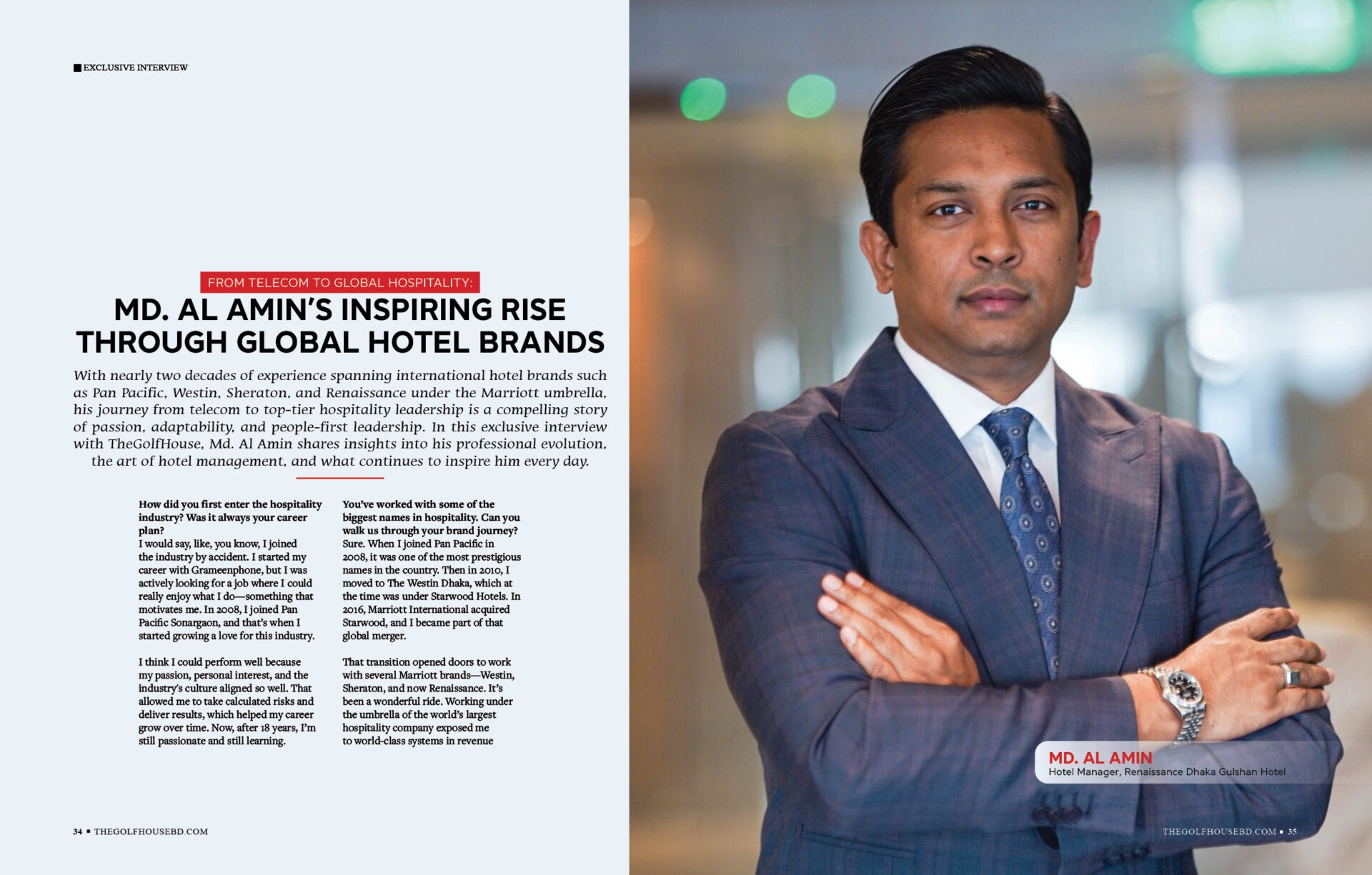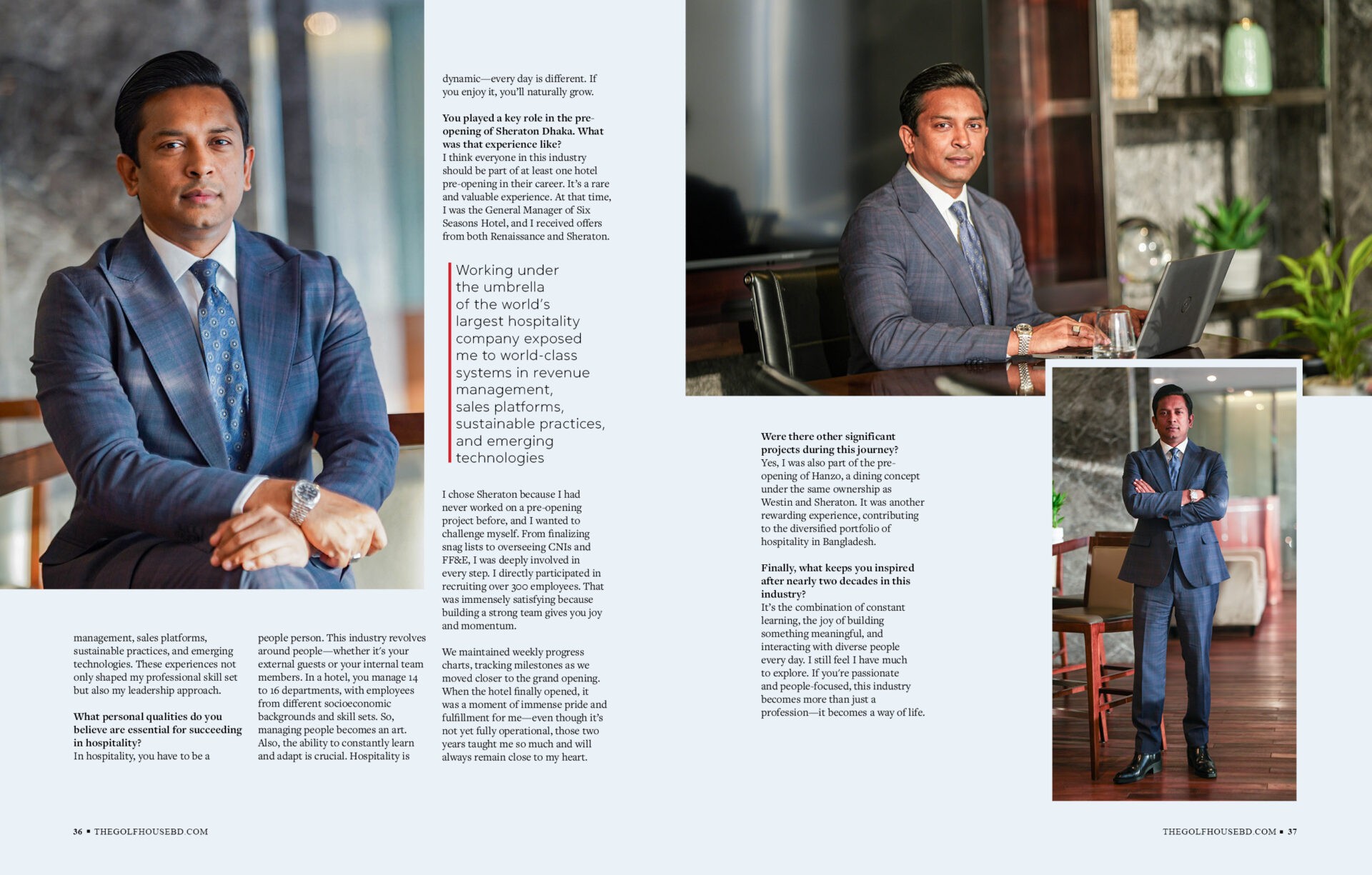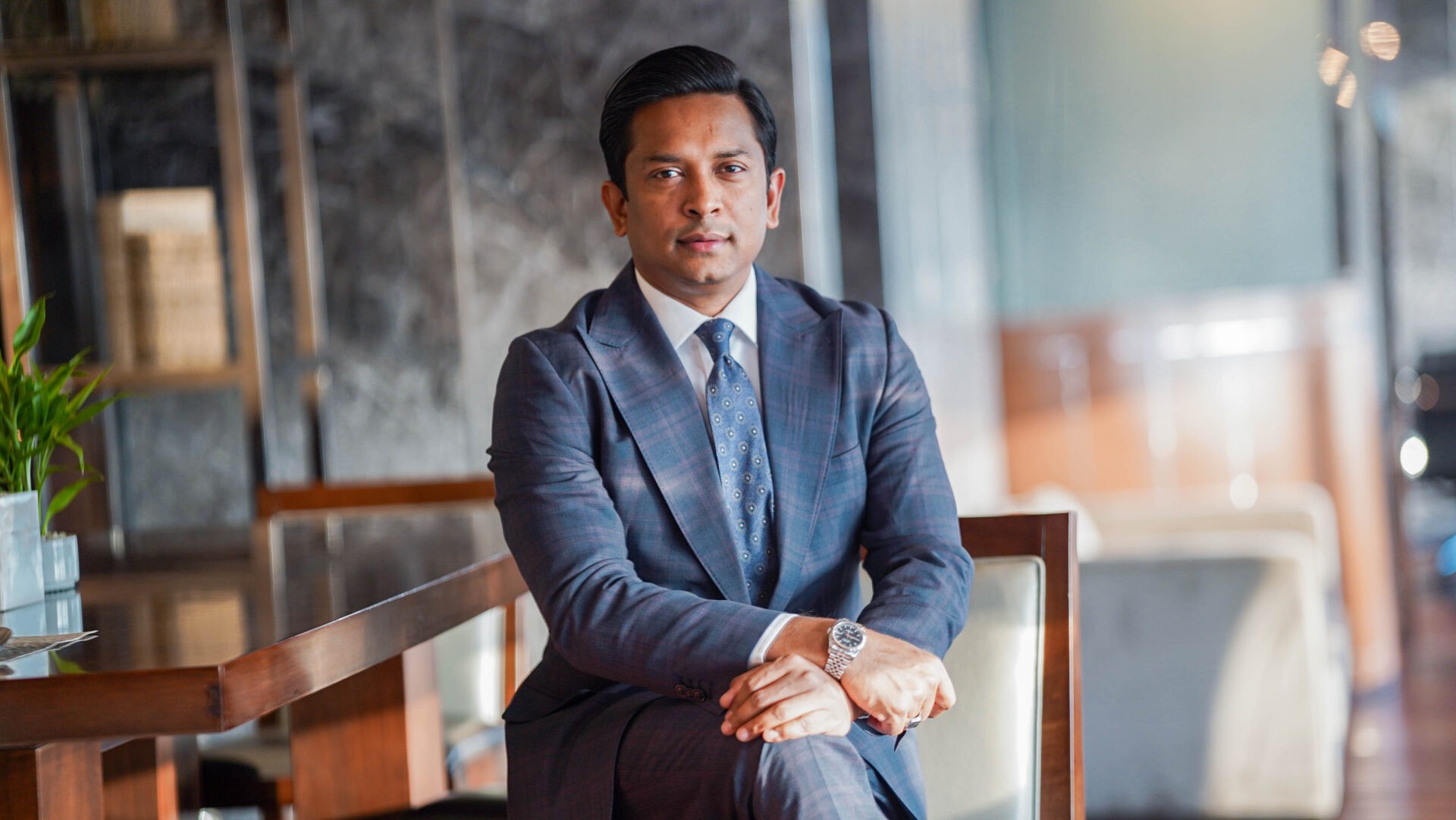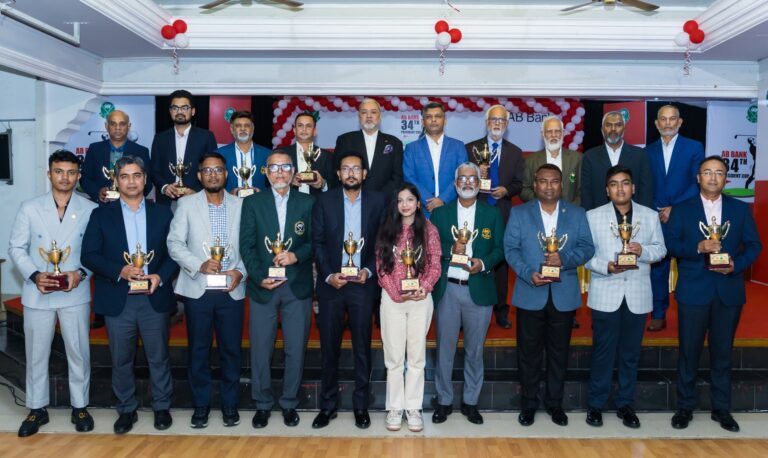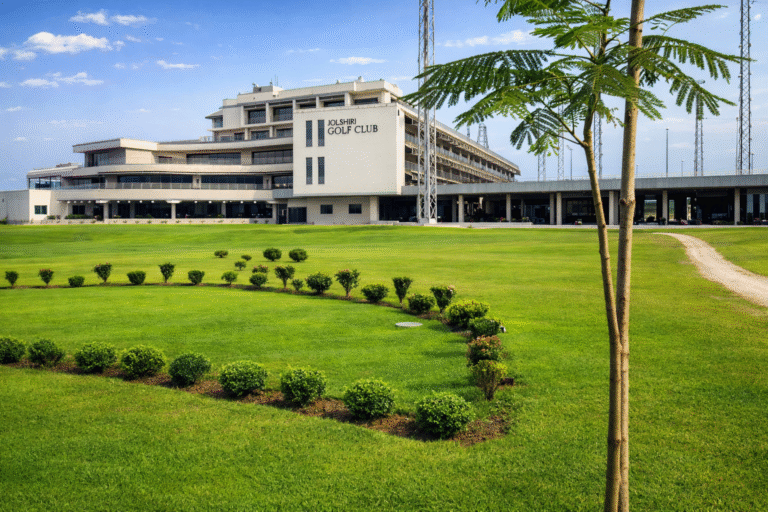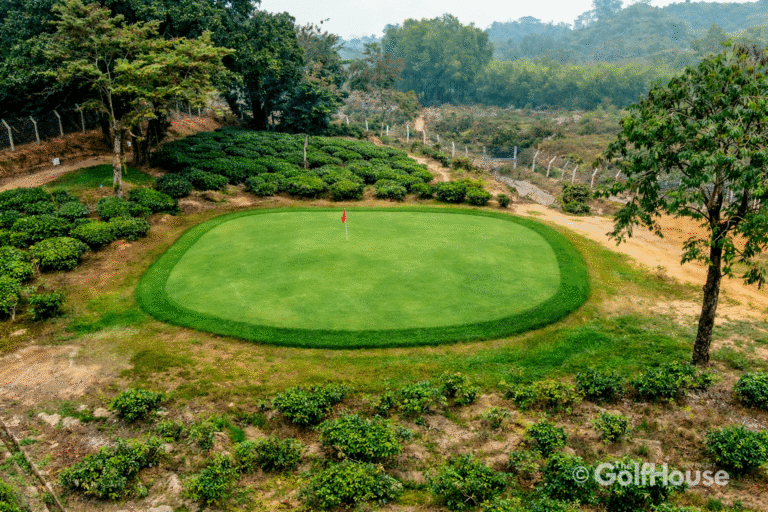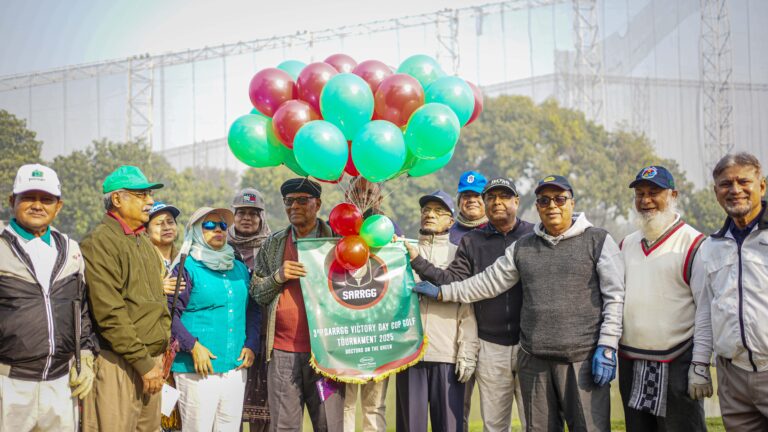With nearly two decades of experience spanning international hotel brands such as Pan Pacific, Westin, Sheraton, and Renaissance under the Marriott umbrella, his journey from telecom to top-tier hospitality leadership is a compelling story of passion, adaptability, and people-first leadership. In this exclusive interview with TheGolfHouse, Md. Al Amin shares insights into his professional evolution, the art of hotel management, and what continues to inspire him every day.
How did you first enter the hospitality industry? Was it always your career plan?
I would say, like, you know, I joined the industry by accident. I started my career with Grameenphone, but I was actively looking for a job where I could really enjoy what I do—something that motivates me. In 2008, I joined Pan Pacific Sonargaon, and that’s when I started growing a love for this industry.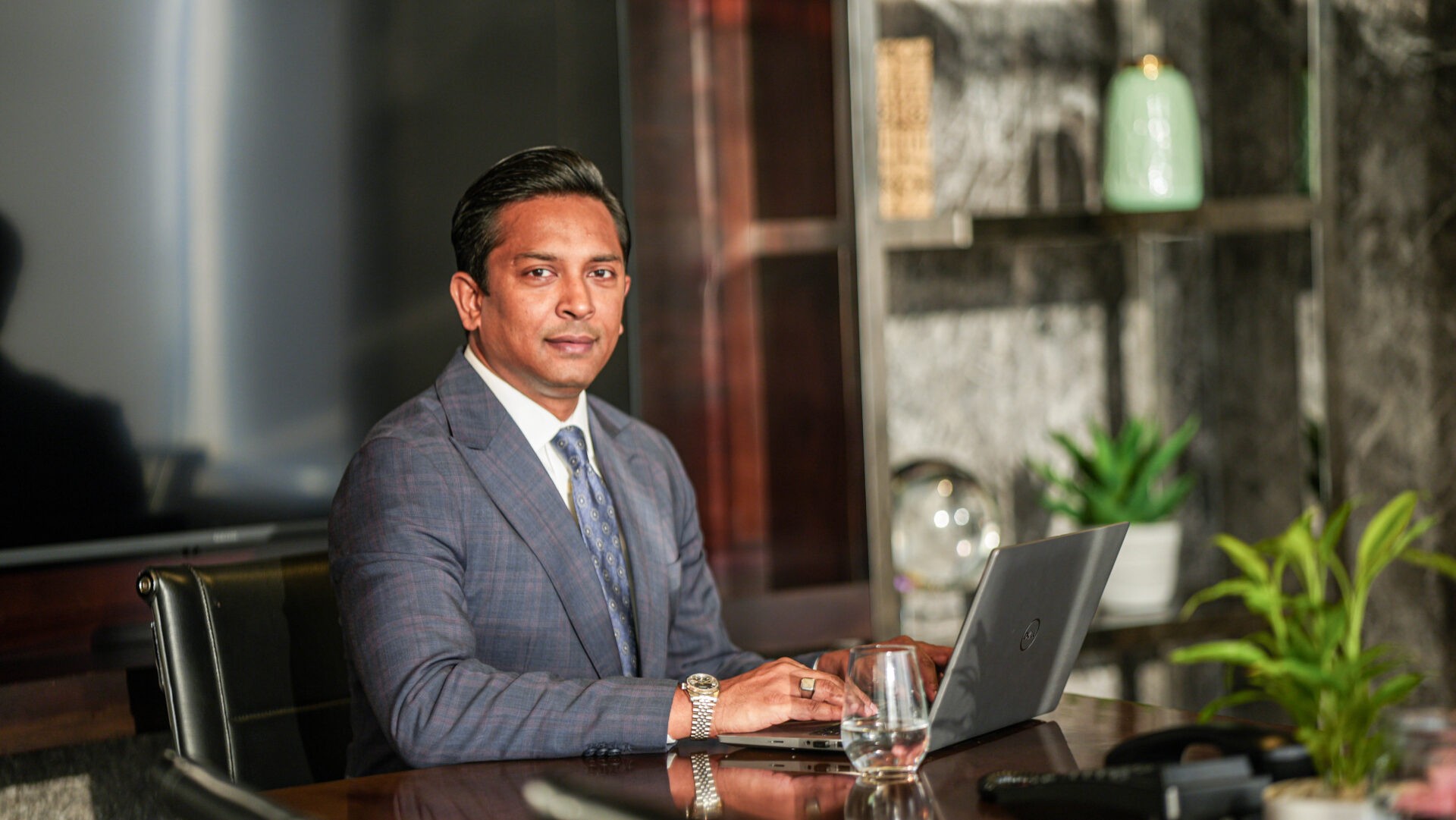
I think I could perform well because my passion, personal interest, and the industry’s culture aligned so well. That allowed me to take calculated risks and deliver results, which helped my career grow over time. Now, after 18 years, I’m still passionate and still learning.
You’ve worked with some of the biggest names in hospitality. Can you walk us through your brand journey?
Sure. When I joined Pan Pacific in 2008, it was one of the most prestigious names in the country. Then in 2010, I moved to The Westin Dhaka, which at the time was under Starwood Hotels. In 2016, Marriott International acquired Starwood, and I became part of that global merger.
That transition opened doors to work with several Marriott brands—Westin, Sheraton, and now Renaissance. It’s been a wonderful ride. Working under the umbrella of the world’s largest hospitality company exposed me to world-class systems in revenue management, sales platforms, sustainable practices, and emerging technologies. These experiences not only shaped my professional skill set but also my leadership approach.
Working under the umbrella of the world’s largest hospitality company exposed me to world-class systems in revenue management, sales platforms, sustainable practices, and emerging technologies.
What personal qualities do you believe are essential for succeeding in hospitality?
In hospitality, you have to be a people person. This industry revolves around people—whether it’s your external guests or your internal team members. In a hotel, you manage 14 to 16 departments, with employees from different socioeconomic backgrounds and skill sets. So, managing people becomes an art.
Also, the ability to constantly learn and adapt is crucial. Hospitality is dynamic—every day is different. If you enjoy it, you’ll naturally grow.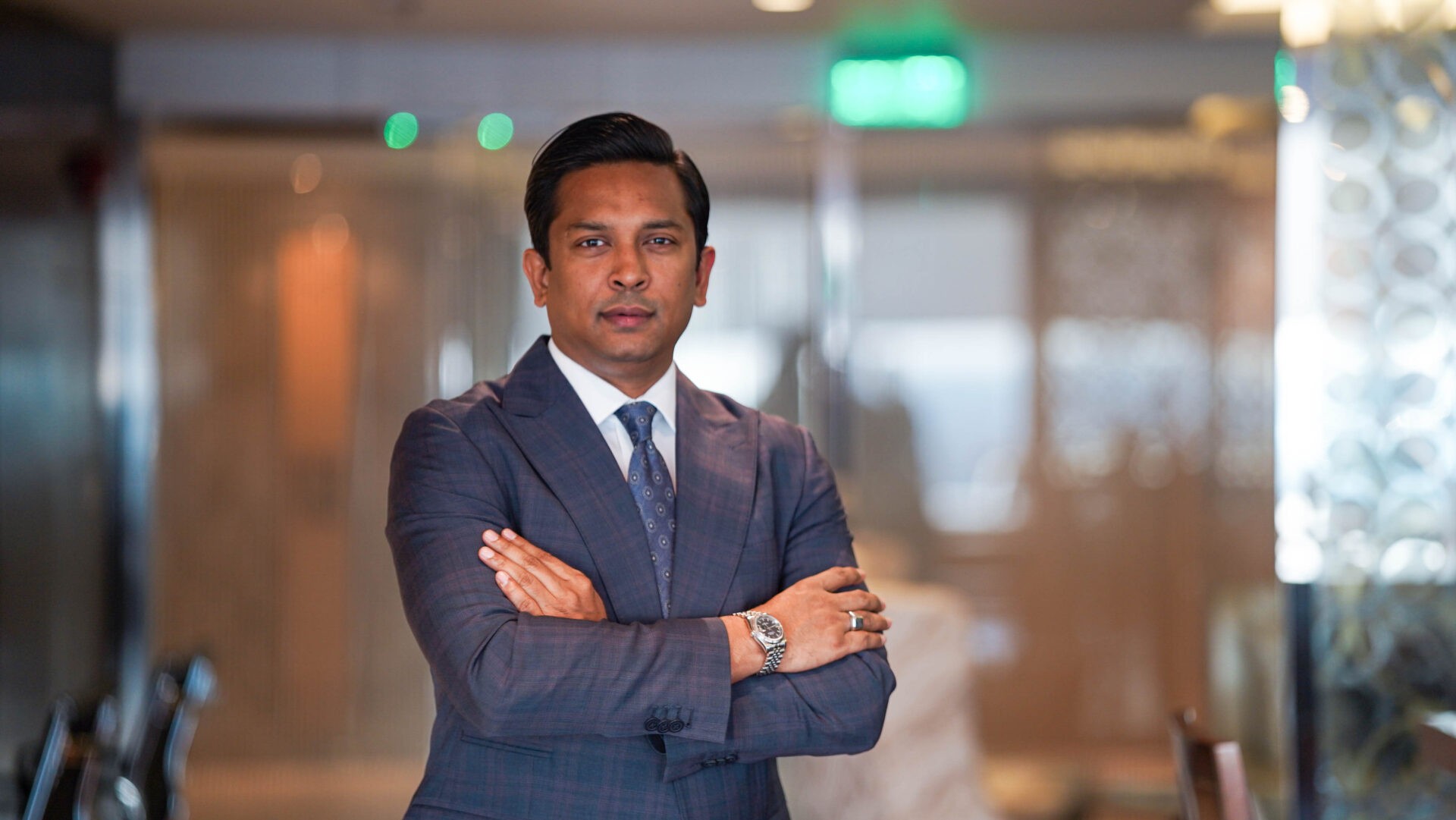
You played a key role in the pre-opening of Sheraton Dhaka. What was that experience like?
I think everyone in this industry should be part of at least one hotel pre-opening in their career. It’s a rare and valuable experience. At that time, I was the General Manager of Six Seasons Hotel, and I received offers from both Renaissance and Sheraton.
I chose Sheraton because I had never worked on a pre-opening project before, and I wanted to challenge myself. From finalizing snag lists to overseeing CNIs and FF&E, I was deeply involved in every step. I directly participated in recruiting over 300 employees. That was immensely satisfying because building a strong team gives you joy and momentum.
We maintained weekly progress charts, tracking milestones as we moved closer to the grand opening. When the hotel finally opened, it was a moment of immense pride and fulfillment for me—even though it’s not yet fully operational, those two years taught me so much and will always remain close to my heart.
Were there other significant projects during this journey?
Yes, I was also part of the pre-opening of Hanzo, a dining concept under the same ownership as Westin and Sheraton. It was another rewarding experience, contributing to the diversified portfolio of hospitality in Bangladesh.
Finally, what keeps you inspired after nearly two decades in this industry?
It’s the combination of constant learning, the joy of building something meaningful, and interacting with diverse people every day. I still feel I have much to explore. If you’re passionate and people-focused, this industry becomes more than just a profession—it becomes a way of life.
